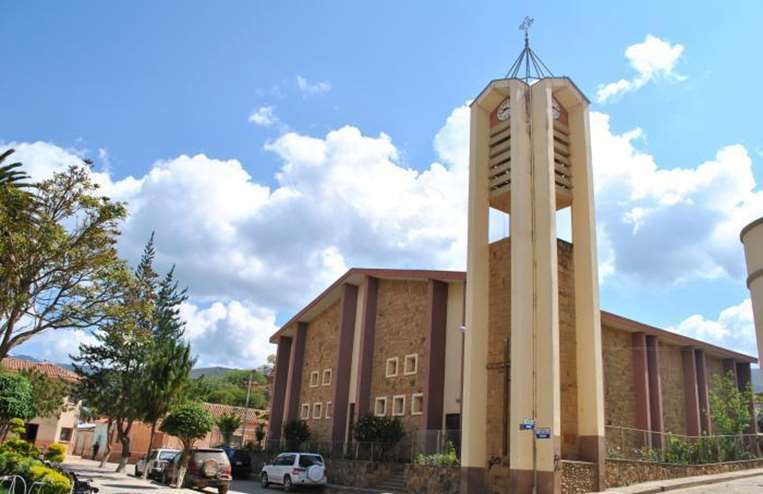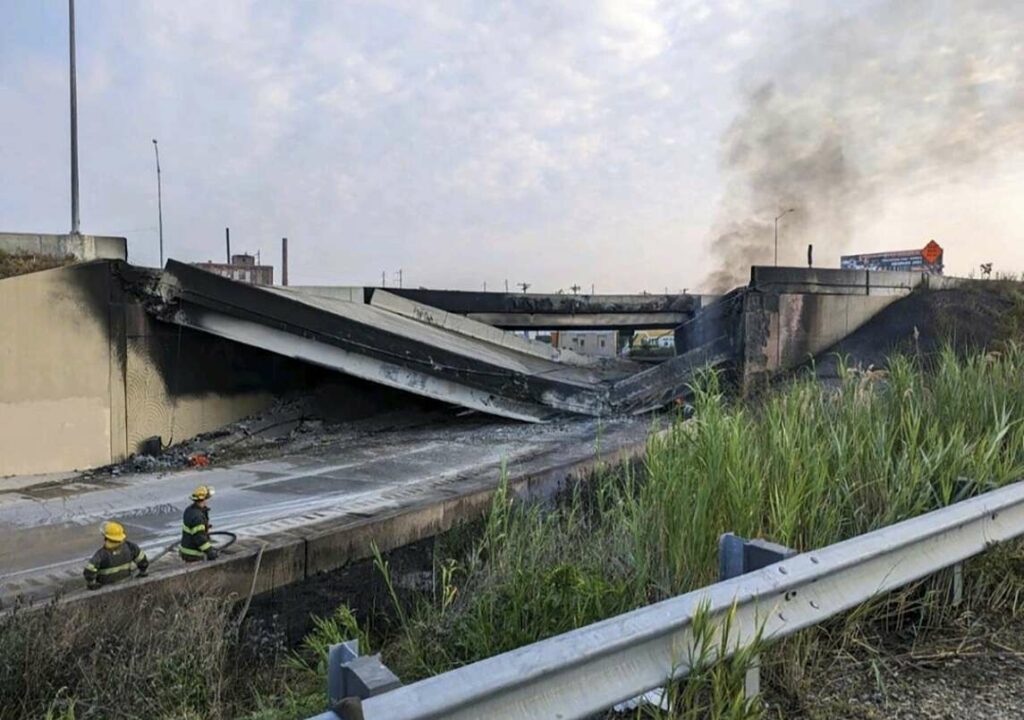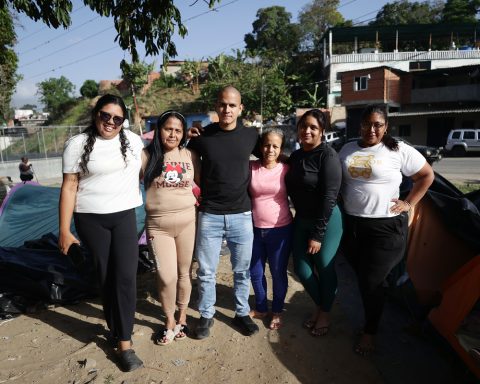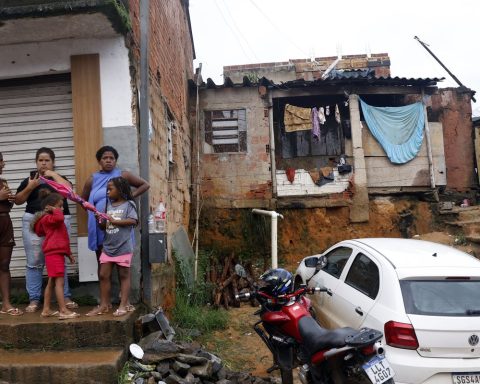June 11, 2023, 2:08 PM
June 11, 2023, 2:08 PM
A dream town is celebrating its anniversary. Comarapa, characterized by a varied topography that includes three regions: the humid highlands of Siberia, the valleys surrounded by mountains, and the Amazonian plains.
. The population was founded by Don Pedro Lucio Escalante y Mendoza, by order of the viceroy of Peru on June 11, 1615, on the remains of an ancient Inca fortress, with the name of Santa María de la Guardia y Mendoza. The place chosen for the new city was an Inca fortress, of which archaeological remains are still preserved in different parts of the municipality. The first Quechua settlers and later the Spanish conquerors were amazed by the natural wealth of Comarapa, its pleasant climate, its water resources and its fertile lands.
The historian and lawyer from Comarapa, Joel Villegas Rojas, points out that the name Comarapa is due to the conjugation of Quechua words: con – wara, which mean green and field, which over the years added the syllable pa, eventually becoming Conwarapa, and later Comarapa, that is, Campo Verde, which is its natural characteristic.

Comarapa is the first municipal section of the Manuel María Caballero province. It limits to the northwest with the department of Cochabamba, to the northeast with the Ichilo province, to the east with the Florida province, to the south with the Vallegrande province and to the southwest with the Saipina municipality. Its territory is vast and includes three differentiated regions: the high zone, known as Siberia; the zone of valleys, in which the capital of the Municipality is located; and the lower zone that extends towards the Amazon plain. The town of Comarapa is at an altitude of 1,815 meters above sea level. Its climate is warm and presents substantial fluctuations in temperature with the arrival of cold fronts.
Tourist attractions This population presents attractive tourist places such as the Cactus Garden, the La Cañada dam, the Sanctuary of the Red-fronted Macaw, the Old Mill, the La Siberia forest, the K’ajllo, the ruins of Tukipaya, El Tunal , Torrecillas and the San Sebastián private ecological park, are part of the tourist circuit offered by the municipality of Comarape to visitors.
Its gastronomy conquers the palate with the traditional ‘chamas’, cheeses and jams produced in the municipality. Among its typical dishes, the roast pork, chola sandwich and pork rinds stand out, among other local delicacies. The ‘tojpina’ (typical band from the valleys), the songs and regional dances, are the hallmark of each festival.

This land became the capital of strawberries, through the modernization that allowed doubling and even tripling the production, improving the income of the producers and helping to reduce child labor in the municipality. More than 12 varieties of strawberries are produced. Some of the local fauna include spiders of different varieties, the red-fronted macaw, the hare, the wild goat, reptiles, lizards, green vipers and true coral.
With a population close to 20,000 people, this ‘hidden paradise’ is also special for practicing extreme sports such as paragliding, where yesterday and today the first national contest of the specialty was held, taking advantage of the beautiful topography of the region, in the central zone of the country. To get to the area there are buses that leave at different times from the Royal Excancha, between the third internal ring road and the double track to La Guardia.
Mayor Jhonny Andrade Vocal announced the delivery of a model school and the start of several works for this anniversary, in which they hope to have the visit of the president of the country and other national and departmental authorities.
“We seek the development of the entire municipality and we are facing the installation of a vegetable processor, and also the sanitary sewer system, waiting for the national authorities and the department to give their approval for the credits,” he added.
The burgomaster pointed out that due to the pandemic and other external factors they have been postponing the completion of various works, but that efforts are being made to achieve them.
For his part, councilman Juan Álvarez said that many things are missing for the municipality and that the municipal executive is not serving the population. “The mayor blames the pandemic for the few works that are being carried out, but this is a municipality with great agricultural and tourist potential that has not been taken advantage of,” says Álvarez and indicates that better communication is expected between the executive and the Municipal Council to achieve takeoff for the region.
COMARAPA, HEART AND MANNA OF BOLIVIA
One of the verses of the new Hymn to Comarapa says, in depth, that this town is the “heart and manna of Bolivia”, since it is the supply center for the family basket of the entire country. This fertile valley generates a large part of the food consumed daily in our cities and is well known for its high-quality legumes, vegetables, cereals, and fruits, with strawberries, peach, and cherimoya being the delicacies that have given popularity in Santa Cruz homes, mainly.
However, the most outstanding features are its beautiful climate and the beauty of its landscapes. To the astonishment of visitors, Comarapa not only has a history rich in epic deeds that helped national independence, but also its cultural contribution is significant in the development of the identity of the valleys of Santa Cruz. The k’aluyo, the copla, the carnival, the taquirari and the cueca are part of its festive rhythms that are danced and sung with the spontaneous and sincere joy of the people of these lands. Numerous artists, poets and musicians are in charge of permanently nourishing the already rich and varied repertoire.
The gastronomy is exquisite and succulent. The chorizo in bulk, the steak, the roasted k’acha and other true gourmet dishes are the daily pleasure of the people of the area who know how to enjoy good food. and well have fun.
Many intellectuals from that troubled region today contributed to national politics and letters such as Dr. Soto, Miss Rosa Antezana, Dr. José Rodríguez, Dr. Joel Villegas and other outstanding personalities who, with vocation, creativity and commitment , they knew how to show the soul and value of the comarapeños, leaving a valuable legacy to generations.
It is also very remarkable the tourist potential of this beautiful valley that offers, from ruins and archaeological sites, to paradisiacal places to the delight and amazement of visitors. The bird viewpoints, the green lagoon, the cacti garden have had greater promotion by companies in the field. However, tourism in the area is just beginning and requires serious and effective management by the authorities.
Comarapa is a small city that has all the basic and essential services. In addition to its crystalline river, it has drinking water service, sewerage, telephone services, electrical network, two hospitals and 3 complete educational units, as well as a kindergarten whose prestige has transcended its borders.
The migration of Quechua and Aymara groups has hit the town hard. National and departmental authorities have strong challenges to control and balance the population gap and the quality of work. The environment has been aggressively hit by agriculture without scientific orientation and guidelines, which can have serious consequences in the medium term.
At the moment the spirit, the face of the comarapeño, is maintained with the serenity of its mountains, the force of its wind and the thrust of its river. This town has a hopeful future for Bolivia.
I think, almost murmuring…
The horn of plenty
liquors to set fire to inspiration
winds that lull the senses
fruits that sweeten the soul
and cheeses, delicious cheeses
to brown them in the embers
the dream of creation
cloud necks in the mountains
rainbow on the roof tops
seductive looking women
and meadows, many quiet meadows
lying in the quiet of the beach
inviting to love by the river.
as in the city of God
among ambrosia of liquors
lulled by sidereal winds
kissing strawberry syrup
tasting exquisite k´achas
like in the land of utopia
obscured by the light of the hills
mesmerized by colorful birds
ecstatic in women’s faces
who love in vegas carpets
under lapis lazuli twilights
That’s why when they ask me
















